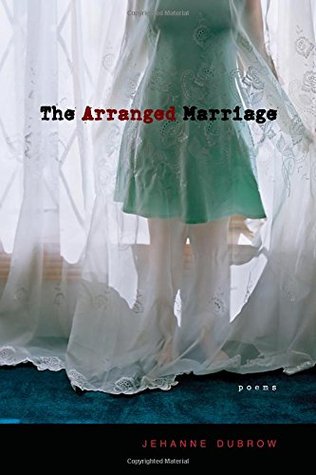
Paperback, 57 pgs.
I am an Amazon Affiliate
The Arranged Marriage by Jehanne Dubrow reads like mini-memoirs of marriages on the rocks, marriages marred by abuse, marriages that require covering up. These arrangements are made consciously and sometimes with little say by the women engaged in them. Much of the truth about these women is concealed, but even that concealer is thin and, in many cases, see-through.
“Wait long enough and anything takes on a
sheen of sharpness. Mustn’t leave her hands
untied. She could stare the whorl from
fingertips. Cut him with her eyes.” (from “All the Sharp Things”, pg. 7)
In “The Handbag,” the speaker examines the contents of a wife’s purse at the back of the closet and how it hides things from her husband. She leaves to buy groceries, and while her husband may control what is purchased, there are so many possibilities outside that she can take advantage of if she so chooses. Does this woman choose to go to the police station? Does she read and improve her mind away from her husband? The possibilities are endless.
In “House of the Small Dictatorship”, cigars are clipped, pages of a newspaper are opened, and many other things get done without the husband lifting a finger. But the woman’s efforts are rarely mentioned. In “Domesticated Fowl of the Sula Valley”, birds fly away and the girls are given little explanation. Dubrow uses this poem to shed light on many of the missing girls and women and how their fates are never known. Even as these compact poems resemble the cloistered lives of these women — some controlled by their spouses — they also espouse a sense of hope in between the lines. A freedom they can see but that they will need the courage to take ahold of it.
The Arranged Marriage by Jehanne Dubrow is harrowing and sad. The poems leave an indelible mark on the reader, and her verse is chock full of imagery that surprises. Many of these poems will be long remembered, a lasting testament to the women who have suffered — many in silence.
RATING: Cinquain

Jehanne Dubrow is the author of five poetry collections, including most recently The Arranged Marriage (University of New Mexico Press, 2015), Red Army Red (Northwestern University Press, 2012) and Stateside (Northwestern University Press, 2010). She co-edited The Book of Scented Things: 100 Contemporary Poems about Perfume (Literary House Press, 2014) and the forthcoming Still Life with Poem: Contemporary Natures Mortes in Verse (Literary House Press, 2016). Dots & Dashes, her sixth book of poems, won the 2016 Crab Orchard Review Series in Poetry Open Competition Awards and will be published by Southern Illinois University Press in 2017.


 About the Poet:
About the Poet:
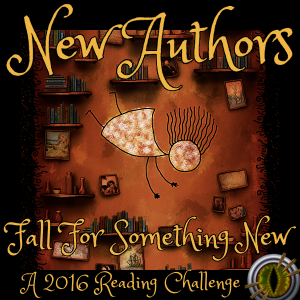

 About the Poet:
About the Poet: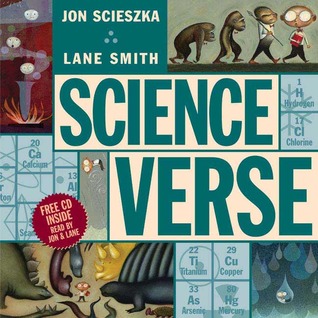
 About the Author:
About the Author: About the Illustrator:
About the Illustrator:
 About the Poet:
About the Poet:
 About the Poet:
About the Poet: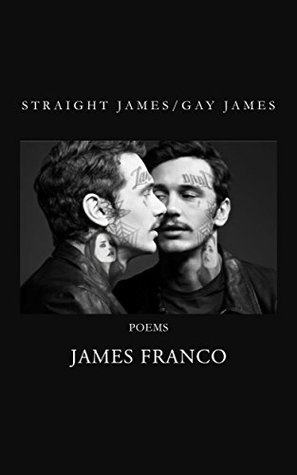
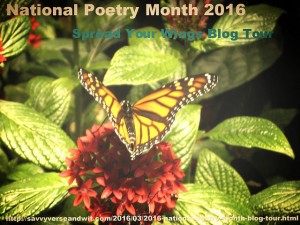

 About the Poet:
About the Poet:

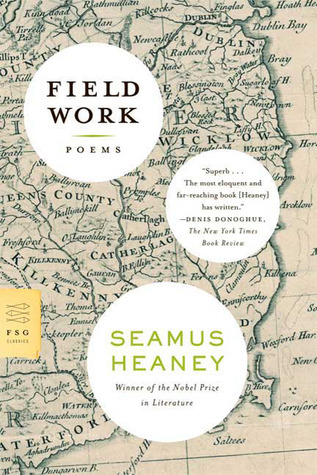
 About the Poet:
About the Poet:


